What is knock?
What is shock?
In a gasoline engine, when the mixture (air and fuel fully mixed) enters the combustion chamber during the intake stroke, the piston compresses it during the compression stroke. After the spark plug ignites the high-pressure mixture, the pressure generated by the combustion is converted into power for the engine to operate.
The high compression ratio setting on the right is more likely to cause knocking, so you need to use high-octane fuel to avoid knocking.
It is precisely because the combustion of the engine is very complicated that it requires very precise design and control. The slightest control error or abnormality will cause abnormal combustion, and "knocking" is a kind of abnormal combustion. Simply put, knocking is abnormal pressure in the combustion chamber caused by abnormal combustion.
Causes of knock
Before talking about the causes of knock, we need to understand two things.First, the mixture burns in the combustion chamber, and its flame spreads from the ignition point to the surroundings in a "wave" manner, so it takes a short time from ignition to complete combustion of oil and gas.Second, although oil and gas need to be ignited by spark plugs, an environment with excessively high temperature and high pressure can also cause oil and gas to spontaneously igniteGeneral knocking is caused by the fact that after the oil and gas in the combustion chamber are ignited, the flame has not yet completely spread, and the unburned oil and gas in the remote area spontaneously ignites due to high temperature or high pressure. Its flame collides with the flame of regular combustion and generates great pressure, causing the engine to produce abnormal knocking
The main reasons for knocking are as follows:
1. Too early ignition angle:In order to make the piston obtain power immediately after the compression top dead center, it is usually ignited before the piston reaches the top dead center (because it takes some time from ignition to complete combustion). Too early ignition will cause most of the oil and gas to burn while the piston is still in the compression stroke. At this time, the unburned oil and gas will be under great pressure and self-ignite, causing knocking.2. Excessive carbon accumulation in the engine:Excessive carbon accumulation in the combustion chamber of the engine will not only increase the compression ratio (generating high pressure), but also generate high-temperature hot spots on the surface of the carbon accumulation, causing the engine to knock.3. Too high engine temperature:
If the engine is in a too hot environment, the intake temperature will be too high, or the engine cooling water circulation will be poor, which will cause the engine to be overheated and knock.
4. Incorrect air-fuel ratio:
A too lean fuel-air mixture will increase the combustion temperature, and the increase in combustion temperature will cause the engine temperature to increase, which is of course prone to knocking.
5. Fuel octane number is too low:Octane number is an indicator of fuel anti-knock. The higher the octane number, the stronger the anti-knock. Engines with high compression ratios have higher pressure in the combustion chamber. If fuel with low anti-knock is used, knocking is likely to occur.● How to know knocking and its impactKnock in English means knocking, so the engine will produce knocking sounds when knocking. The sound of slight discontinuous knocking is quite crisp, a bit like the sound of tapping a triangle. When there is severe and continuous knocking, the engine will make a "li li li" sound, and the engine will obviously lose power at this time.Now many car manufacturers usually set the ignition angle in the commonly used speed range earlier in order to squeeze out the maximum performance of the engine and reduce fuel consumption. Therefore, some engines will inevitably have slight knocking when the load is heavy between 2000 and 3000 rpm. However, slight knocking will not have much impact on the engine, and car owners do not need to worry too much. However, if the knock is caused by engine problems, such as severe carbon deposits or poor heat dissipation, this kind of knock is usually very serious. If continuous and severe knock occurs at high speed and high load, within a minute, the spark plug and piston may melt, and in severe cases, the cylinder and engine body may even explode.
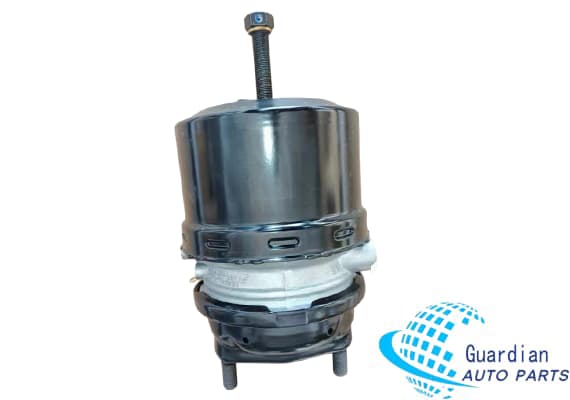
Wabco 9254601020/7053478/002775/4001028 Tristop Cylinder For Sell
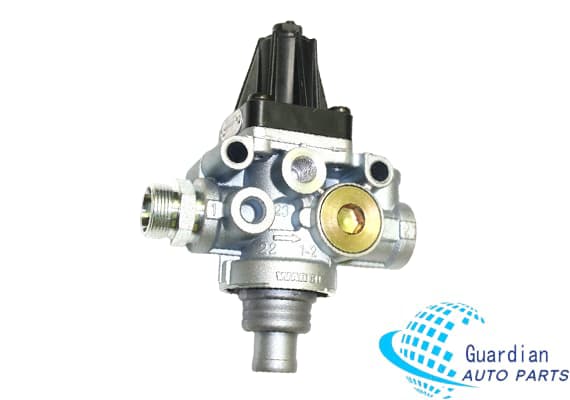
Original 9753030810/1518282/8283699000 Governor And Unloader For Trucks
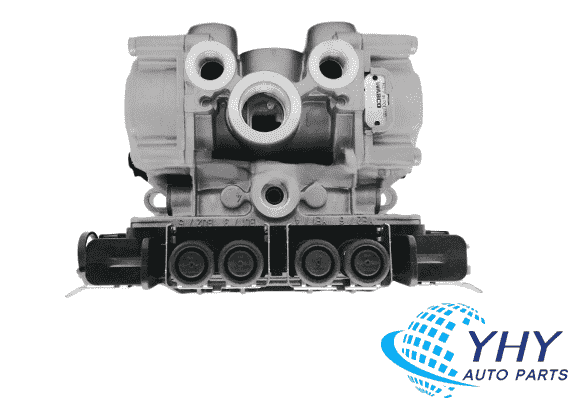
Wabco 4005000817 Trailer ABS Modulator 1527243R/2090319 ABS ECU Trailer For Sell
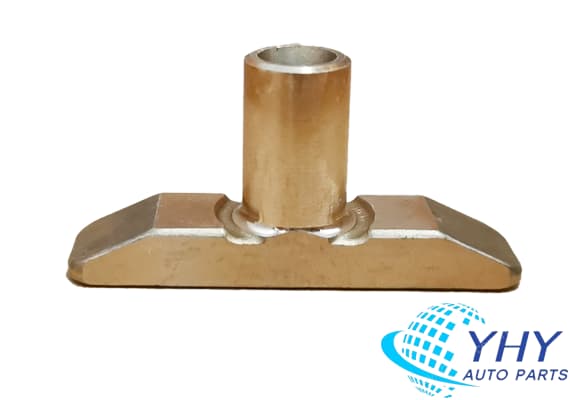
Original ZF GP Dial 1325334008 Sliding Pads For Transmissions
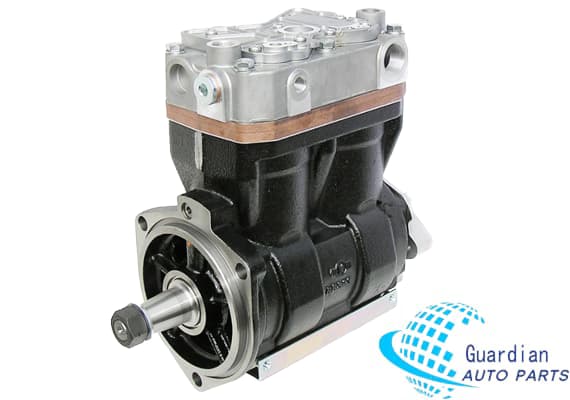
Knorr K022249/LP4857/K160474N00/504308843 Compressor For Trucks
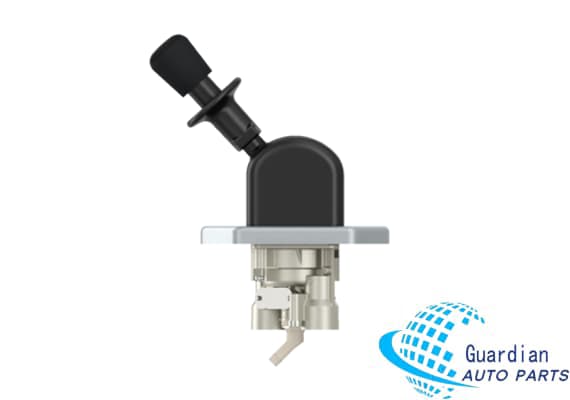
Wabco 9617230380/3454402520/451405890A Hand Brake Valves For Trucks
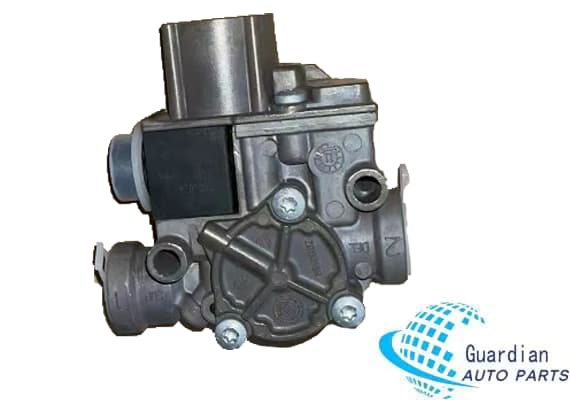
Original Knorr BR9154/II1777619Z/K038438 ABS Modulator Valves For Trucks
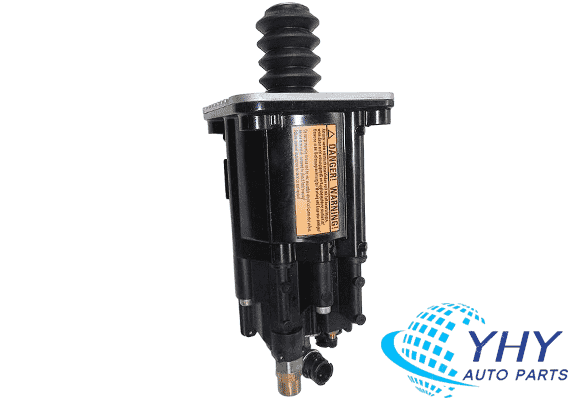
Wabco Clutch Servo 9701500040/WG97002400351 Pneumatic Clutch Actuator For Sell
Tel
